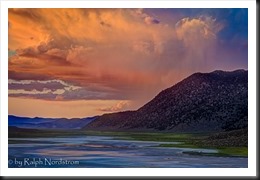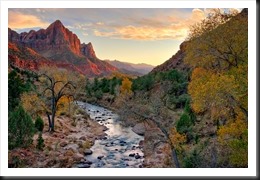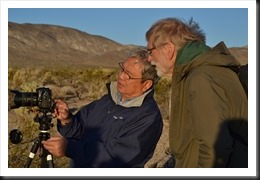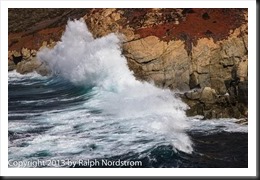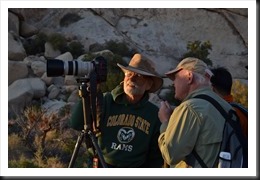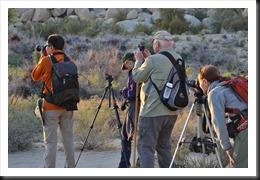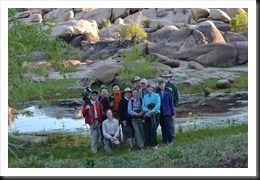We all love photography. Perhaps you are a casual photographer, using your smart phone or point-and-shoot camera to capture the precious moments in life you cherish and want to remember. Perhaps you admire the work of others and would like to be able to capture scenes or moments like they do. Or maybe you are skilled and have been passionate about your own photography for quite some time now.
For those that seek to develop themselves as photographers there are a couple of approaches you can take. You can learn on your own by reading and photographing. And if you are able to devote the time and energy to this process you will surely be successful. However, it is more of a trial-and-error approach to learning photography and, let’s face it, we don’t all have the time or energy to adequately feed our passion.
Or, you can learn from someone who has already mastered the challenges you encounter along the way. And one of the most effective and affordable ways of accomplishing this is through a workshop.
So I would like to share with you my top ten reasons for attending a workshop.
1. Inspiration
Photography workshops give you the opportunity to focus just on photography and capturing the beauty that surrounds you. The complications of your busy life are left at home or at work and for several stimulating days your existence is focused on one thing – capturing the beauty that surrounds you.
2. Location
Photography workshops are conducted in the most beautiful locations on the planet, places where inspiration freely flows. But I get many emails from people who are going to visit one of these locations and want advice on what to photograph. And that’s one of the main advantages of a workshop. You don’t have to spend the hours and days that are required to plan your shoots so that you are in the best locations when the light is the best. Your workshop leader has already done that.
3. Formal Classes
Photograph workshops are not photo tours where you photograph from sunrise to sunset. Photography workshops are a blending of in-the field shooting with formal classroom work. A good workshop will tailor the classes to the specific needs of the attendees, focusing on the skills that they need to developed. They will focus on your specific concerns so that when you go back into the field you will have the foundation from which you can grow more effectively.
4. One-on-one Help
In the field a good workshop leader will be working with you and the other attendees to address the issues you are facing and challenge you to push yourself into new areas of exploration and discovery. This is not to say that the instructor will not be shooting because often the best way for the instructor to help you is to engage the location and light himself. But you can expect a good instructor to spend more time assisting you and the other attendees than doing his own photography.
5. Develop Technical Skills
There is a foundation of skills that you need to be able to bring home technically competent photographs that will give you the most to work with in the darkroom (post-processing). A good workshop will make sure you have these skills and, if any are weak, help you develop them through classroom and in-the-field instruction.
6. Develop Your Own Style
Great photographs don’t end with strong technical skills; they are just the beginning. Your photographs are an expression of your individual and unique personal style. You should expect to receive help that goes beyond the mechanical and technical and includes the creative use of compositions and the awareness and appreciation of fantastic light.
7. Constructive Critique
One of the most important aspects of a workshop is the feedback on your work you receive from the instructor and the other participants. Often it is difficult for us to objectively evaluate our own photographs. And receiving constructive feedback from others is one of the best ways you can learn from your own experiences and the experiences and perspectives of others.
8. Practice What You Learn
Learning in a classroom doesn’t necessarily translate into being able to do it. I’m reminded of the maxim I followed when I was a classroom teacher; “I hear and I forget; I see and I remember; I do and I understand.” The ability to not only learn new skills but practice them in the field over several days is the most effective way for you to not only master them but to make them your own.
9. Camaraderie
Photography workshops are intense experiences and often some of the most satisfying moments are the interactions you will have with other like-minded people who are as passionate about photography as you are. You have an opportunity to see the world through their eyes as you all share your experiences and ideas with each other.
10. Investment
Sometimes the expense of a workshop can be seen as a significant barrier. Other times it may be the time commitment. But when you attend a workshop I am confident that when it is over you will feel it was worth every penny and every minute. Some workshops are greater value than others. You will pay big bucks to attend workshops from the big name photographers. And in many cases it is worth it. But with some there is a common complaint that in the field the leader spends all his time doing his own photography. You can get great value from the lesser known photographers. Just make sure this is a photographer whose work you admire and who will give you the personal attention you want.
If you’ve already attended a workshop you know what I’m talking about. But if you haven’t, do yourself a favor and sign up for one soon. No matter where any of us are on our photographic journey there is always much we can learn from other accomplished photographers, especially those who openly share what they have learned on their journey. So why wait; make the decision now and sign up.
A BIG THANKS to Sara Everett for some of the great photographs in this post.
We do photography workshops. Come on out and join us. Click here to check us out.
You can also check out our photography. Click here.
(975)

